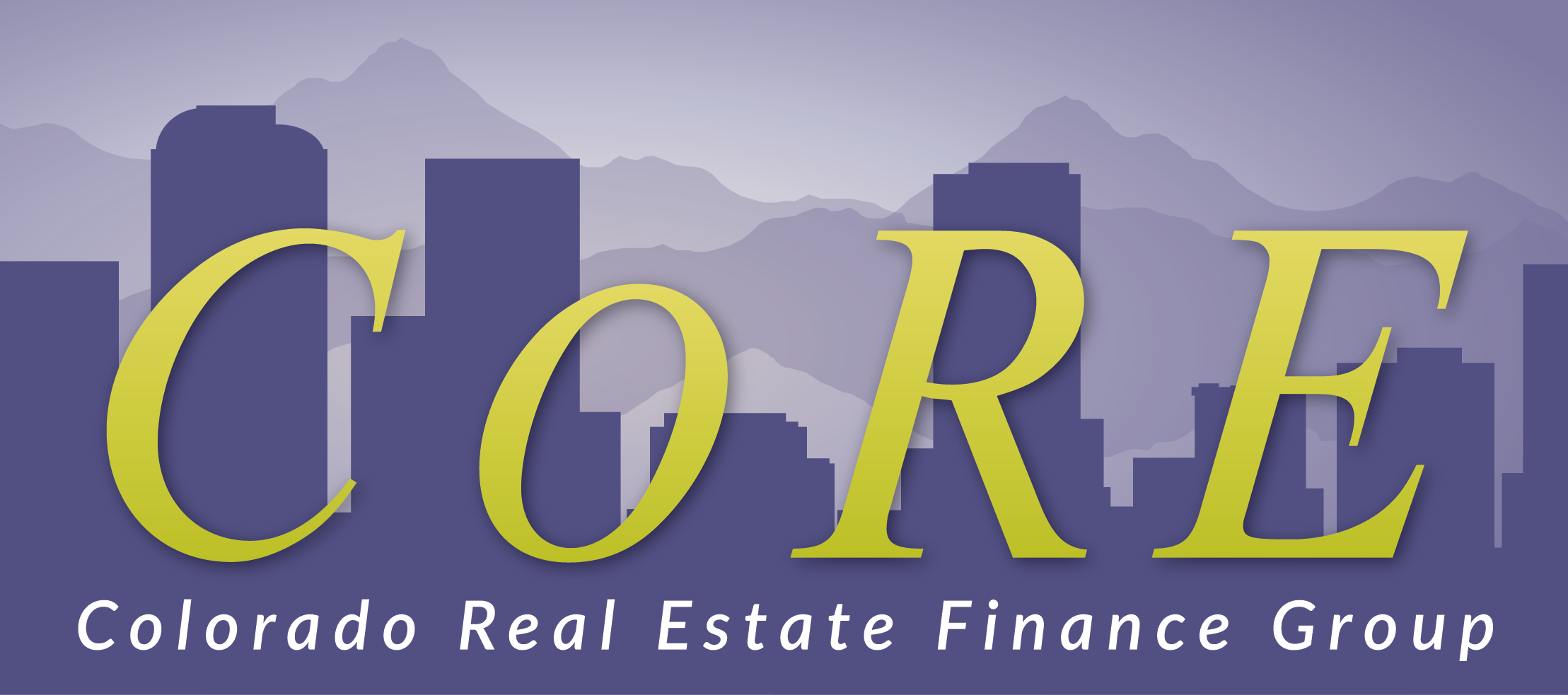The closing process may seem overwhelming if you’re a first-time home seller. You just want to sell your home quickly, but there’s a list of steps to take and expenses to incur before the deal is official.
You can aid in closing the sale of your home in a timely manner with minimal surprises along the way if you have an idea of what to expect. Here’s a detailed list of the things you as a seller should know about the home closing process.
What Is a Real Estate Closing?
The closing is the final stage of a real estate transaction, during which the buyer assumes ownership of the property from the seller. It begins once the property goes under contract or pending and ends when the title has been recorded in the buyers' names and all the funds have been transferred. All the financial and legal loose ends are tied up at the point, and the property officially changes hands.
House Closing Process for Sellers
The exact timeline of the closing will depend on your circumstances. However, there are a few common steps that you will go through before signing on the dotted line. Though you won’t necessarily be responsible for initiating these steps, you still need to be aware of the process to know what to expect.
Title Search
First, to ensure that you’re conveying a clean title to the property, your escrow agent or attorney will conduct a title search. This involves cross-referencing public records to validate ownership and identify any outstanding liens or judgments against the property. If any issues are found, they must be resolved before the closing can be completed.
Home Inspection
Most buyers plan on doing a home inspection to ensure that there are no hidden problems with the property. The inspection will take place shortly after you accept the buyer’s offer.
It's always a good idea to get a pre-listing inspection and deal with any issues before you put your home on the market, as addressing these before the buyer's home inspection can help avoid any potential issues. Depending on the contingencies outlined in the contract, the buyer may request repairs to be made before closing or they may ask for a price reduction to cover the repair costs.
Appraisal
If the buyer is financing the purchase with a mortgage, the lender will require an appraisal to ensure the value of the property aligns with the loan amount. If your home appraises below the agreed upon sales price, lenders are unlikely to approve a loan to the buyer for that amount.
If this happens, you will either have to negotiate with the buyer to make up the difference, lower the sale price, or challenge the appraisal. Your agent or attorney can guide you through this process.
Final Walk-Through
About 24 hours before the closing, the buyer will request a final walk-through to review the property one last time. This will ensure that any agreed-upon repairs have been completed and the property is in its expected condition. Moreover, it confirms that all belongings have been removed and no additional damage has occurred.
Closing Date
Once all necessary tasks are completed, the closing date is scheduled. This involves signing paperwork to transfer ownership to the buyer. The closing often occurs at the attorney’s office or title company.
What Documents Does the Seller Need at Closing?
You don’t need to bring much to the closing if everything has been properly handled. Just to make sure, just bring at least:
- Two forms of government ID
- Any outstanding documents or paperwork your attorney or escrow agent instructs you to bring
What Is the Seller Responsible for at Closing?
Your agent and attorney or escrow officer will brief you on what documents you need to sign and what will be required of you on the actual closing date.
You will also be required to cover various expenses. This includes paying your real estate agent’s commission, prorated amounts for property taxes, and fees such as transfer taxes, escrow, title, and attorney fees.
You must also remove all personal belongings from the property unless specified otherwise in the contract. Lastly, you need to notify subscription services, creditors, and acquaintances of your new address and set up mail forwarding.
How Much Are Closing Costs?
Closing costs range between 1-3% of the home’s sale price, not including commission. They can vary widely depending on the sales price, the time of year relative to when property taxes are paid, and whether you're covering any costs for the buyer such as loan discount points or closing costs.
How Long Does the Closing Process Take?
The full closing process, from the initial offer acceptance to the closing date, takes an average of 30 days. It can be much shorter for cash transactions. Sometimes delays can also happen. Common issues that delay closing beyond buyer financing issues include title issues, home inspection issues, and home appraisal issues.
How Long After Closing Is the Seller Paid?
Technically, the money is yours as soon as you sign and transfer ownership to the buyer. But in reality, it takes about 1 to 2 business days for the escrow company to issue you a check or wire the money, though in some cases it may take longer. But if you don’t receive a payment within a week, you should consult your attorney or whoever is in charge of the escrow account to find out why it’s being delayed.
Bottom Line
The closing process happens from when you accept the buyer’s offers until the close date. Understanding this whole process as a seller is crucial. With proper guidance, you can navigate each step confidently, ensuring a seamless transaction and timely payment for your property.
If you need any advice or support to make your real estate journey as smooth as possible, don’t hesitate to reach out. Let’s work together to close your sale successfully.


Recent Comments